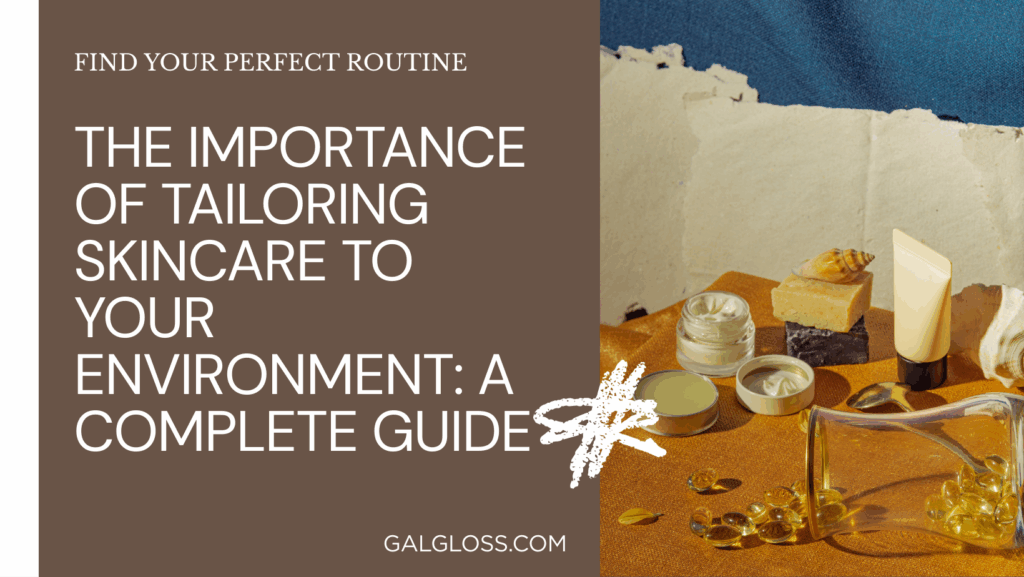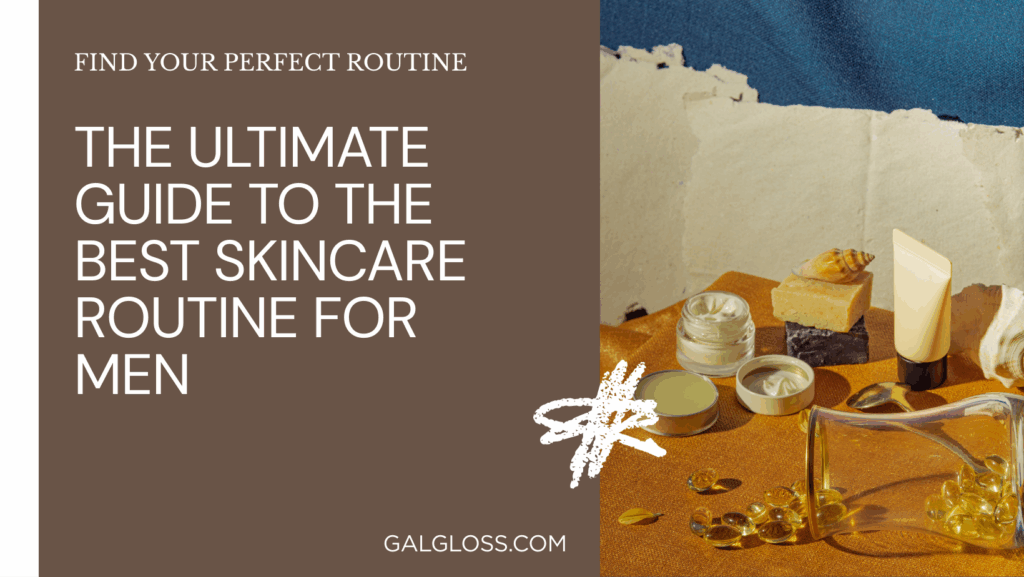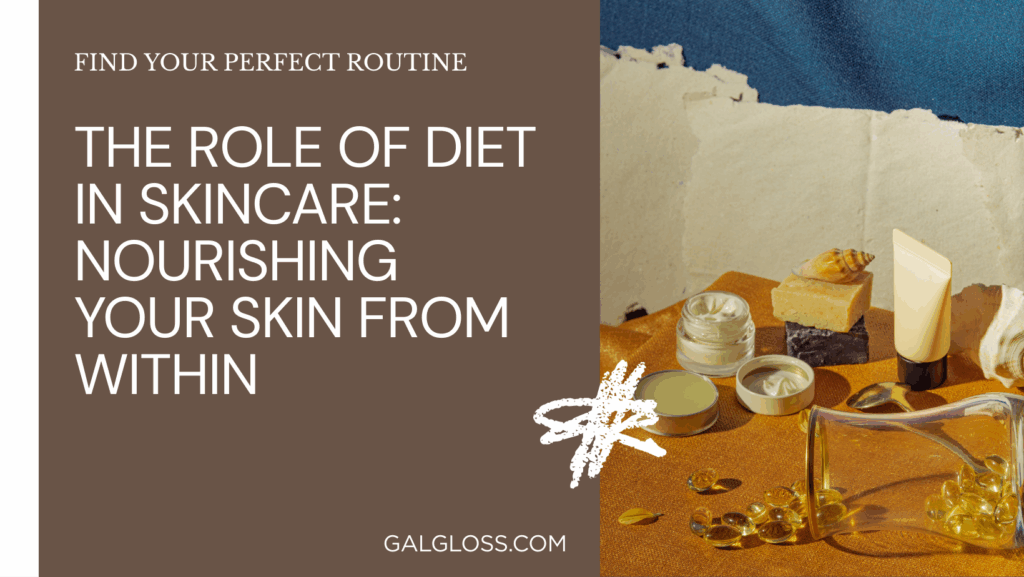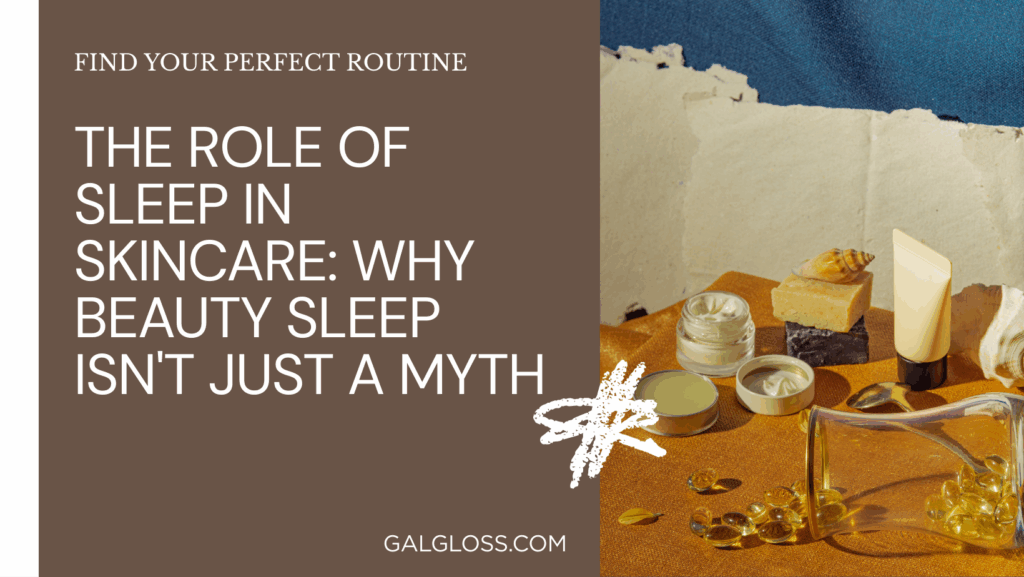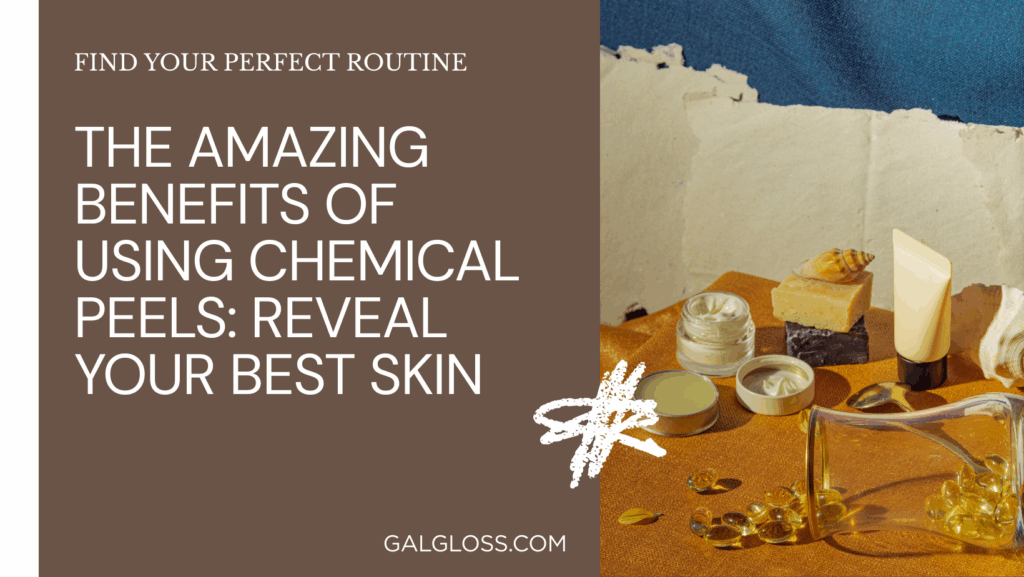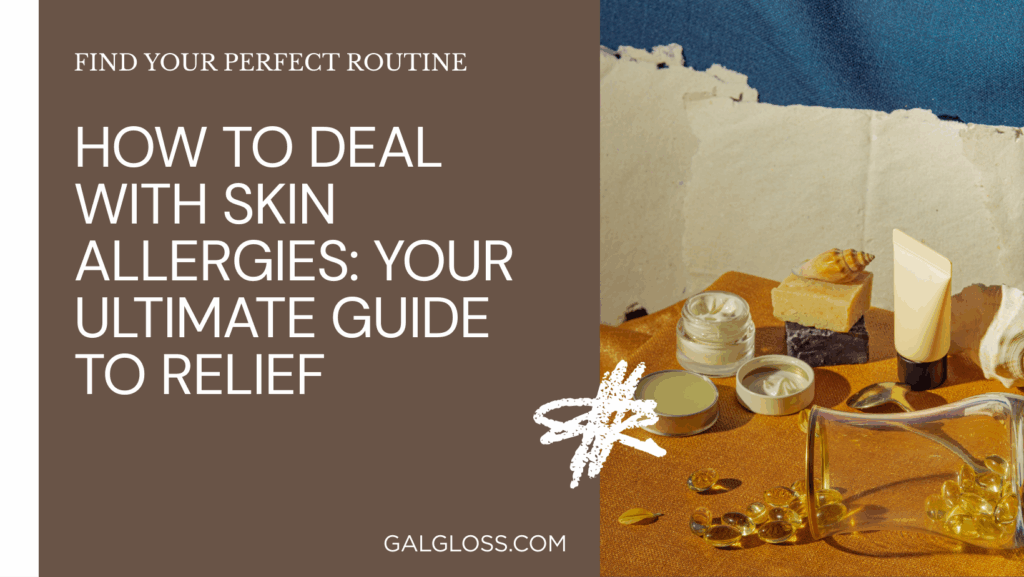Ever wondered why some people seem blessed with flawless, resilient skin while others battle constant irritation? The secret might just lie in the health of their skin barrier. Let’s peel back the layers and explore why this often-overlooked aspect of skincare deserves your attention.
What’s the Big Deal About Your Skin Barrier?
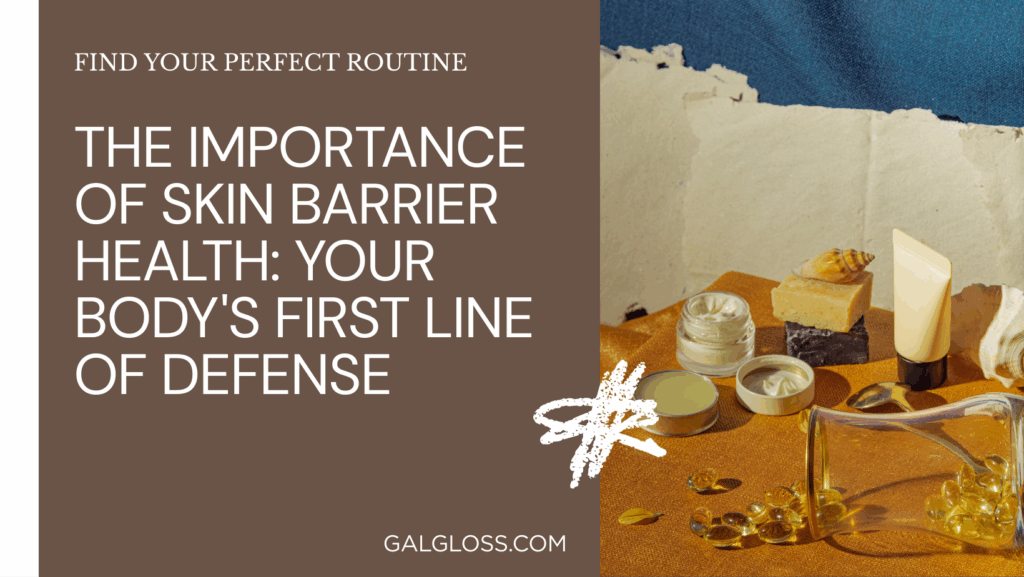
Think of your skin barrier as your body’s bouncer. It’s the tough guy at the door, keeping the good stuff in and the bad stuff out. This invisible shield is your first line of defense against a world teeming with potential irritants, pollutants, and pathogens.
But here’s the kicker: when your skin barrier is compromised, it’s like leaving the door wide open. Moisture escapes, irritants waltz right in, and suddenly, your skin’s throwing a fit. Redness, itching, dryness – the whole shebang.
The Nitty-Gritty: What Makes Up Your Skin Barrier?
Your skin barrier isn’t just one thing – it’s a dream team of components working in harmony:
- Stratum corneum: The outermost layer of your skin
- Lipids: Fats that act like mortar between your skin cells
- Natural moisturizing factors: Substances that keep your skin hydrated
- Microbiome: Beneficial bacteria that protect your skin
When these players are in sync, your skin is the picture of health. But when one drops the ball, that’s when the trouble starts.
Red Flags: Is Your Skin Barrier Waving the White Flag?
How do you know if your skin barrier’s in trouble? Watch out for these telltale signs:
- Dryness and flakiness
- Redness and inflammation
- Itching or burning sensations
- Increased sensitivity to products
- Acne breakouts
- Slow healing of wounds
If you’re nodding along to any of these, your skin barrier might be crying out for help.
The Skin Barrier: More Than Just a Pretty Face
Your skin barrier isn’t just about looking good (though that’s a nice perk). It plays a crucial role in your overall health:
- Gatekeeper extraordinaire: It keeps harmful substances out and essential moisture in.
- Hydration hero: A healthy barrier prevents excessive water loss, keeping your skin plump and hydrated.
- pH balancer: It maintains the slightly acidic environment your skin loves.
- Microbiome protector: It provides a home for beneficial bacteria that keep your skin healthy.
Enemies of the Skin Barrier: What’s Breaking Down Your Defenses?
Your skin barrier faces a daily onslaught of threats. Here are the usual suspects:
- Overwashing and harsh cleansers
- Hot showers (I know, they feel amazing, but your skin disagrees)
- Environmental stressors like pollution and UV rays
- Stress and lack of sleep (yes, beauty sleep is real)
- Certain skincare ingredients (looking at you, alcohol and fragrance)
- Skin conditions like eczema and psoriasis
The Skin Barrier-Skin Condition Connection
Ever noticed how some skin conditions seem to go hand in hand with a weakened barrier? It’s not a coincidence. Conditions like eczema, psoriasis, acne, and rosacea often have a strong link to barrier dysfunction.
For instance, in eczema, a compromised barrier allows irritants to penetrate more easily, triggering inflammation. It’s a vicious cycle – the weakened barrier leads to more irritation, which further damages the barrier.
Strengthening Your Skin’s Armor: A How-To Guide
Ready to give your skin barrier some TLC? Here’s your game plan:
- Gentle cleansing: Ditch the harsh soaps. Opt for mild, pH-balanced cleansers.
- Moisturize, moisturize, moisturize: Look for ingredients like ceramides, hyaluronic acid, and glycerin.
- Sun protection: UV rays are barrier bullies. Always use a broad-spectrum SPF.
- Simplify your routine: Sometimes, less is more. Give your skin a break from too many products.
- Feed your skin: A diet rich in omega-3 fatty acids and antioxidants can help strengthen your barrier from the inside out.
The Science Speaks: What Research Says About Skin Barrier Health
Science is catching up to what our skin has known all along – the barrier is a big deal. Recent studies have shed light on the complex interactions between the skin barrier, microbiome, and immune system.
For instance, a 2020 study published in the Journal of Allergy and Clinical Immunology found that early interventions to support the skin barrier in infants could potentially prevent the development of atopic dermatitis.
Another exciting area of research is the development of “barrier repair” moisturizers. These products aim to replicate the skin’s natural lipid structure, providing a more targeted approach to barrier support.
Nature’s Remedies: Supporting Your Skin Barrier Naturally
If you’re a fan of natural solutions, you’re in luck. Mother Nature offers plenty of barrier-friendly options:
- Aloe vera: Soothes and hydrates
- Coconut oil: Rich in fatty acids that mimic skin lipids
- Oatmeal: Calms irritation and supports barrier function
- Green tea: Packed with antioxidants to protect against environmental damage
Remember, though, natural doesn’t always mean gentle. Always patch test new products, even natural ones.
When to Call in the Pros
Sometimes, your skin needs more than at-home TLC. It might be time to see a dermatologist if:
- Your symptoms persist despite consistent care
- You suspect you have a skin condition like eczema or psoriasis
- Your skin barrier issues are significantly impacting your quality of life
Dermatologists can offer treatments like prescription barrier repair creams or procedures like red light therapy to support skin barrier health.
The Future of Skin Barrier Care: What’s on the Horizon?
The world of skin barrier research is buzzing with excitement. Here’s what’s cooking:
- Microbiome-focused skincare: Products that support your skin’s good bacteria
- Personalized skincare: Treatments tailored to your unique skin barrier needs
- Advanced barrier assessment tools: Better ways to measure and monitor barrier health
As our understanding of the skin barrier grows, so do our options for keeping it healthy. The future of skincare is looking bright (and well-protected)!
Conclusion: Your Skin Barrier, Your Shield
Your skin barrier is more than just a buzzword – it’s a crucial component of your overall health and well-being. By understanding and supporting this invisible shield, you’re not just investing in better-looking skin; you’re bolstering your body’s first line of defense.
Remember, healthy skin is happy skin. So give your barrier the love it deserves. Your future self (and skin) will thank you.
Now, armed with this knowledge, are you ready to become a skin barrier champion? Your journey to healthier, more resilient skin starts now. What steps will you take today to support your skin’s natural defenses?
